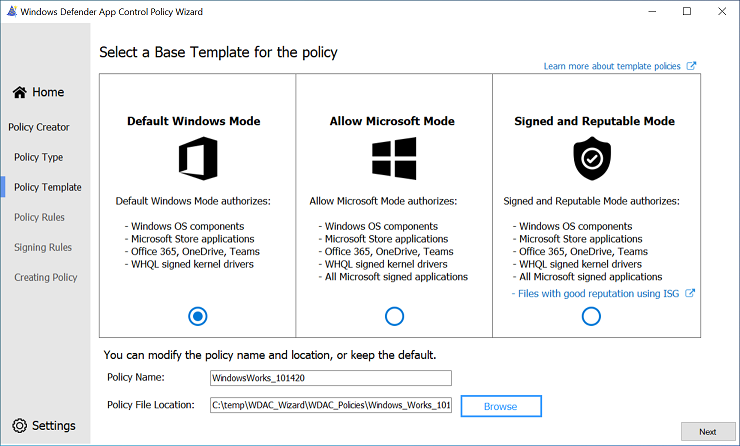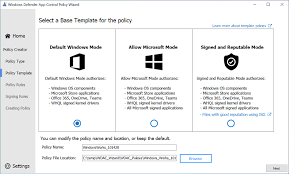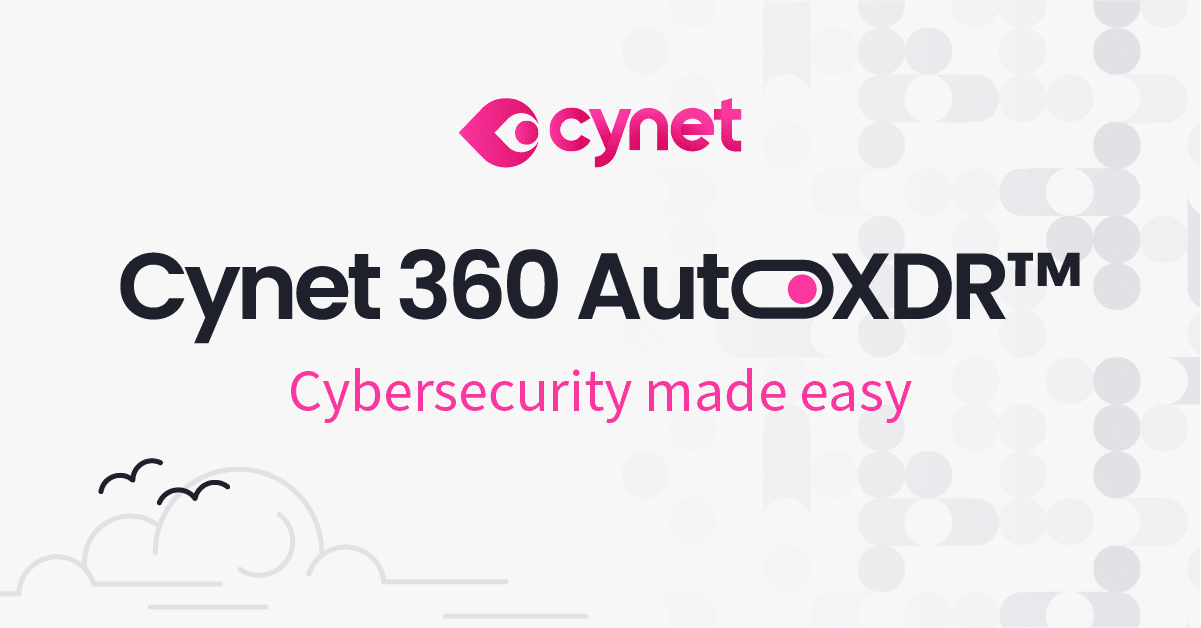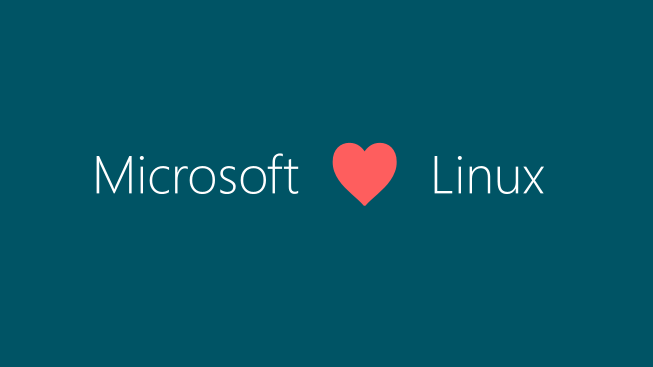Why does it matter where it's hosted? The writer of those articles, Aidan, is a top security researcher and contributor to the Whonix project. He has single-handedly made significant contributions to Linux for security. Before discarding the content simply because it is hosted on Github, at least try to figure out who the writer is. You can find more information about Aidan and his work on the Whonix project's website:
https://www.whonix.org/wiki/Whonix-Workstation_Security.
I think you did not read that article properly. All the security features I mentioned have already been discussed in terms of how they make Windows a more secure operating system than Linux. Everything on the article is referenced with a source. I have interacted with Aidan multiple times in the past and they use Linux but security is not the reason. They recommend Windows and Mac OS on Desktop and GrapheneOS and iOS on mobile devices.
VBS:
View attachment 172181
UAC:
View attachment 172182
2) Daniel Micay and their GrapheneOS team also rely on Windows. One of their developer Anuprita have shared their WDAC policy into the matrix group. I was a member there before. They also find linux to be very weak in terms of security. They do a lot of hardening to linux kernel and the OS to make GrapheneOS secure. They have always expressed interest in moving away from Linux kernel at some point in time.
"
GrapheneOS also has longer term goals involving
moving away from the Linux kernel to a microkernel with a Linux compatibility layer, etc. which are going to be achieved via lots of collaboration with other projects and reusing existing external projects like gvisor as much as possible."
3) I was a QubesOS user in the past. Joanna Rutkowska is the founder of the project. She is very well known in the security community. They moved away from it and now they use
MacOS as their daily driver.
"So, I'm reinforced in my belief that
*security* of mainstream platforms (from Apple, Google, MS) will continue to improve, likely exceeding the "open source" offerings."
4) Whoever is into professional server management and security must be aware of
Brad Spengler and
GRSecurity.
"Microsoft tries to improve upstream Linux security, upstream kernel dev tells them they're "smoking crack":
https://openwall.com/lists/kernel-hardening/2020/09/23/3 And people wonder why Linux has a security problem"
"
#grsecurity is for companies with serious security needs that recognize the real risk of the Linux kernel on which their services and containers run, for whom an exploit in 2020 being able to reuse 13-year-old techniques is entirely unacceptable"
I also use Debian Sid for servers. I get paid for securing web servers and application servers. Feel free to use Linux but it is the last thing you should use if you want top notch security. If any body say that FOSS = secure then they should be slapped hard. Most open source projects are full of security bugs, don't have any security researchers in team and don't even have money to go for regular 3rd party security audits. Not every project can be like bitwarden and be able to raise millions of dollars.






 That much poor Linux is with security.
That much poor Linux is with security.

